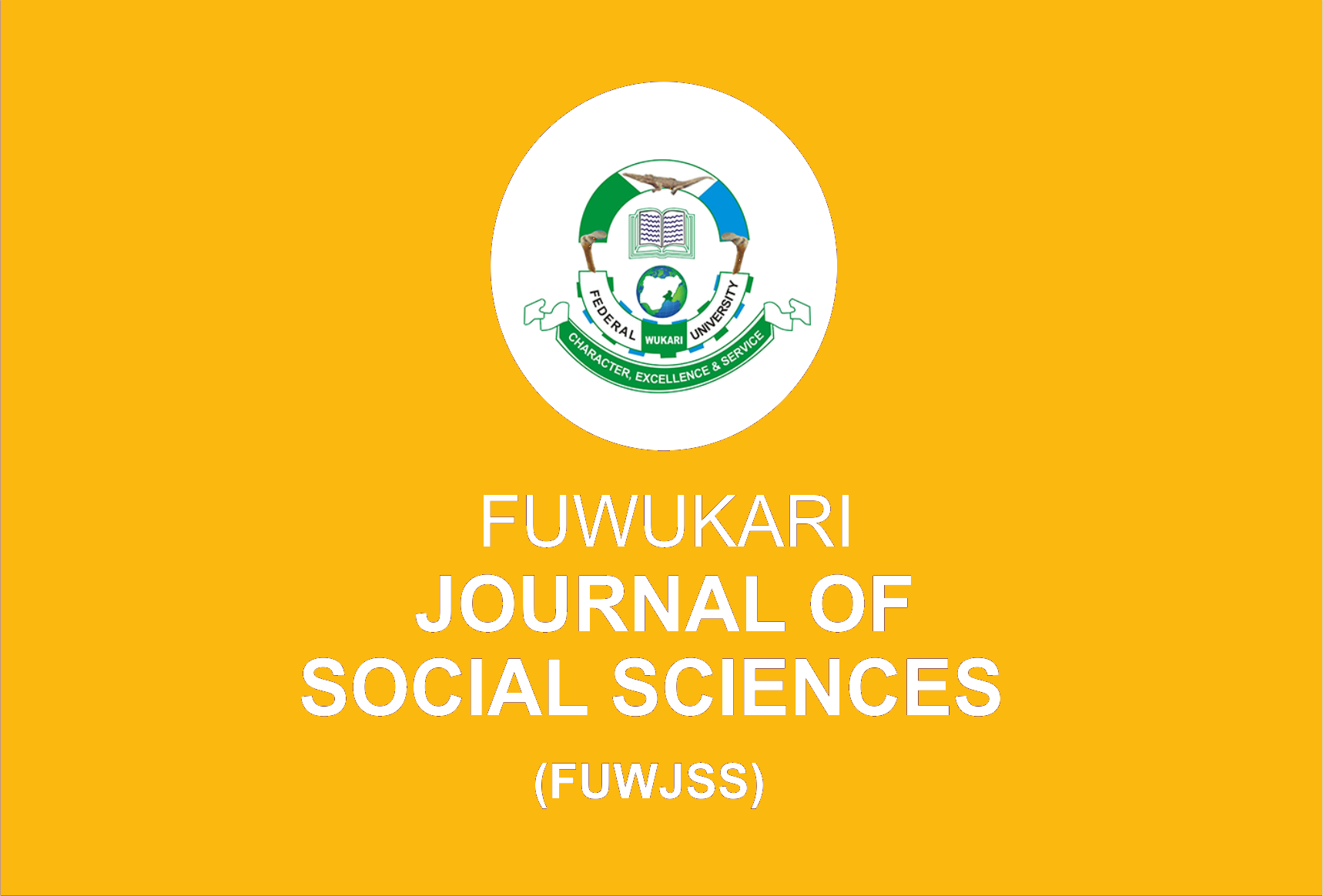Climate Change Adaptability Among Urban Residents Of Lokoja, Nigeria
Ahmed A., Saliu O. A., Simon. D., Bolukale O. A.
Keywords: Climate Change, Land Surface Temperature, Adaptivity, Hot/Cold spot, Thermal condition
Abstract
Land-use change owing to urban expansion has been identified as one of the elements that disturb the bio-climatic conditions of urban areas. Using ArcGIS, this study assessed Lokoja inhabitants’ adaptive capacity to climate change. It also identifies areas in Lokoja that may be more vulnerable to thermal conditions using LST/Hot and Cold spot mapping and analyzes indigenous solutions to mitigate the effects of change in bio-climatic conditions using Factor Analysis to decongest variance. Between 2014 and 2018, the significant hot spot in Lokoja expanded from around 12% to 13% (that is approximately 37.93sq.km to approximately 41.18sq.km). Areas covered by the intermediate LST. Areas inside the intermediate LST zone grew at a rate of 11.12sq.km every year, totaling 44.46sq.km. The eigenvalues of the factors show that factor one has the highest eigenvalue of 11.285, and a combination of mitigating factors one (medication), two (ventilation), and three (taking enough water) contributes approximately 89.4% of the possible ways the effects of the thermal condition can be mitigated in urban centers. The complexity of urban layers arises from the intricate interplay of diverse physical, social, economic, cultural, and technological elements, shaping the multifaceted nature of urban environments worldwide, which is an additional issue that has led to an adaptation to climate change that is dependent on diverse actions carried out in Lokoja. Policymakers and environmental management in Lokoja are to explore developing phased green projects, primarily in the Central Business District (CBD) to lower the packets of Land Surface Temperature of hot areas and their explosion when appropriate.
Author Biography
Ahmed, A., Saliu O. A., Simon. D.
Department of Geography and Environmental Studies, Kogi State University, Anyigba, Kogi State, Nigeria
Email: [email protected]
Bolukale O. A.
Department of Urban and Regional Planning, Lead City University, Ibadan

